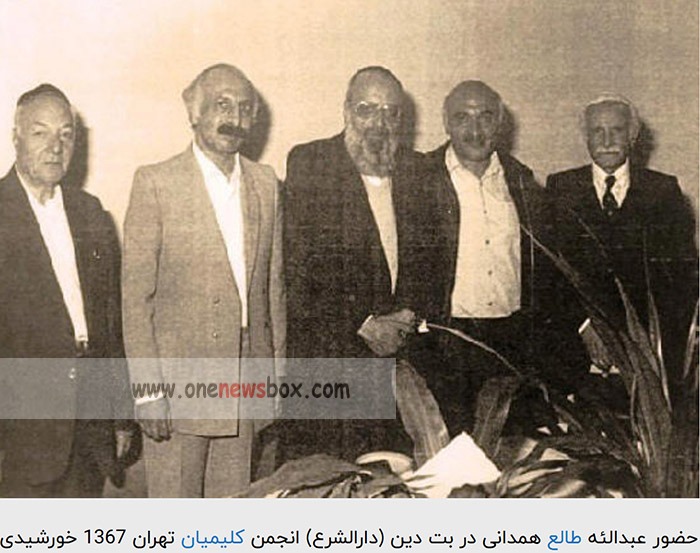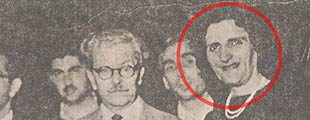He wrote verses that celebrated the shared humanity of Iranians—Muslims, Jews, Christians, and others alike—and he saw his role as that of a guide for those who, as he put it, “quickly forget gratitude.” He revered those who served their communities selflessly, believing that love for both one’s heritage and homeland was the purest form of devotion. In several of his poems, he explicitly honored individuals whose courage and service transcended religious identity, reminding his readers that to love Iran was to love all its people.
Radio Iran and the Golden Age of Song
In 1944, Taleh’s reputation reached new heights when Radio Iran, the country’s most influential cultural platform, invited him to join its artistic ensemble as both a composer and vocalist. This invitation marked a pivotal moment in his career, introducing his music to a national audience. His songs, infused with heartfelt emotion and lyrical grace, quickly became popular across the country.
Many of his compositions were performed by the era’s most famous singers—Qamar al-Muluk Vaziri, Maluk Zarabi, Roohbakhsh, and Dariush Rafiei—whose renditions immortalized his melodies. Yet, Taleh also performed several of his own works, his voice carrying an intimate, spiritual quality that resonated with listeners. His performances were marked by sincerity rather than theatricality; his voice, like his character, was modest but powerful, a reflection of his soul’s tranquility.

